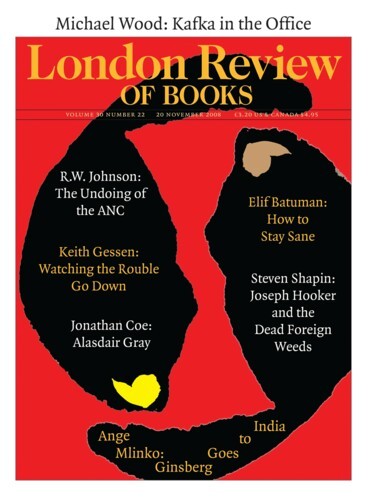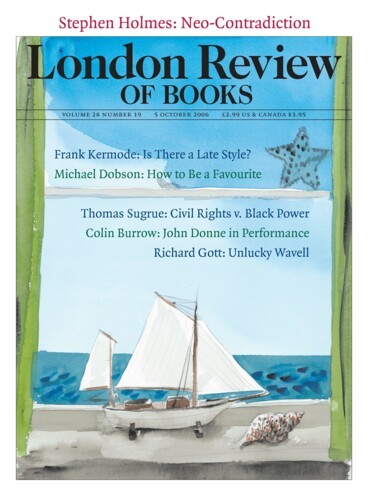Levittown to Laos: The Kennedy Assassination
Thomas Sugrue, 22 July 2010
On 22 November 1963, just over two hours after an assassin’s bullet killed President Kennedy, Lyndon Johnson, the vice president, took the oath of office in a hastily improvised ceremony aboard Air Force One. The jowly LBJ stood side by side with the grieving widow, her jacket and blouse stained with Kennedy’s blood and brain matter. An official photographer, armed with two...




